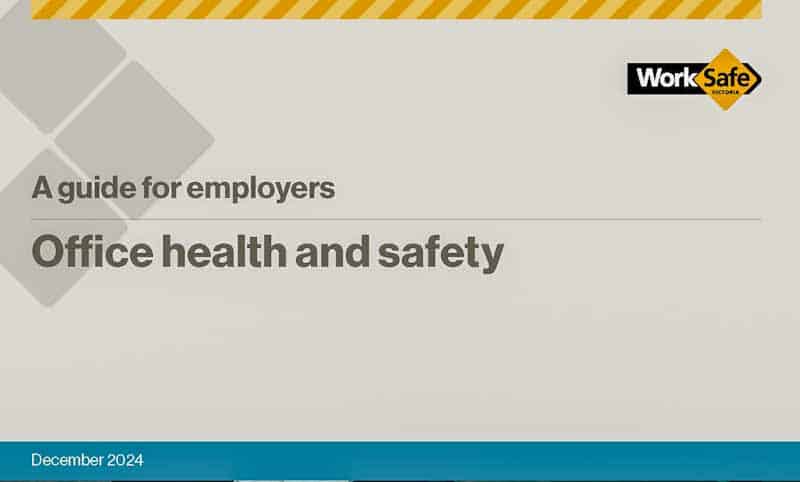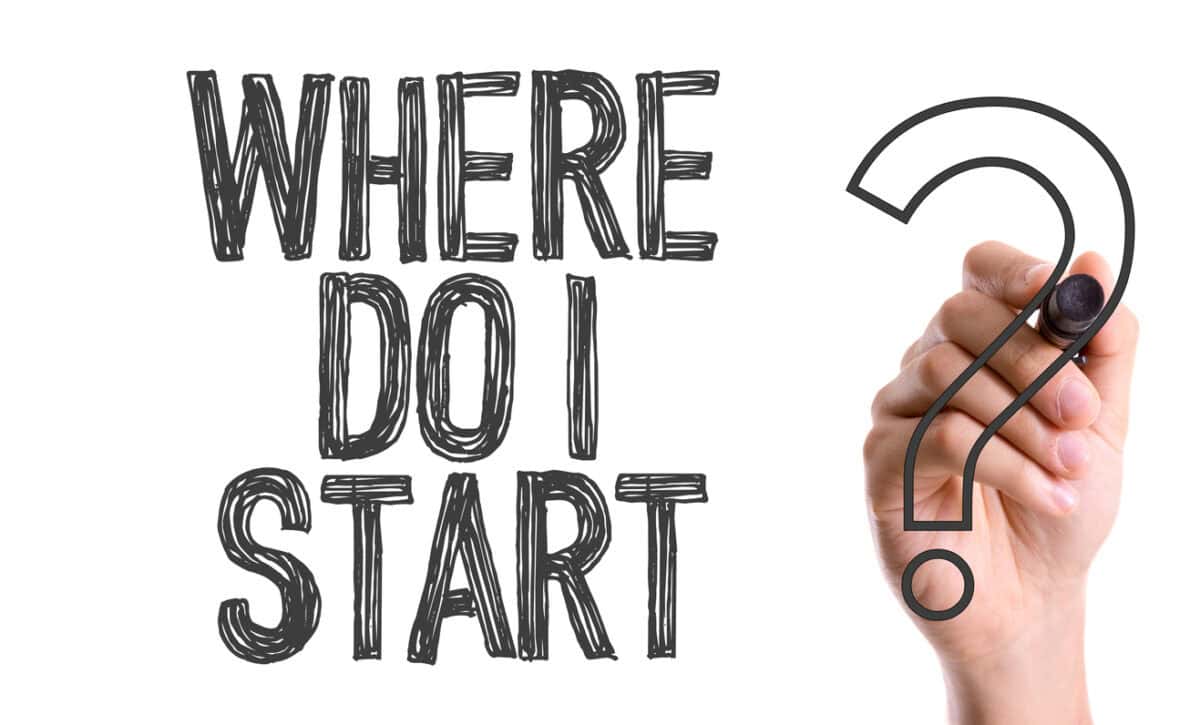2025 has started with a flurry of blog activity and more than a flurry of political change in the United States. It is easy to become distracted by those changes, but a refocus on local issues, new thoughts, perspectives, and new books may generate a balance of sanity. Here is a taste of one book that I have not had time to read entirely but that has potential.
Category: consultation
The most recent guidance on office safety, including psych safety and working from home
In December 2024, WorkSafe Victoria released “Office Health and Safety – A Guide for Employers“. Sadly, it seems to have (half) dumped the Officewise brand. If WorkSafe had kept it, the guide would have been part of an illustrious history stretching to the last century when the first edition was published in 1995. The new guide has some interesting advice on occupational health and safety (OHS) issues related to working from home, but workplace mental health seems more prominent than in earlier editions.
OHS advice for new businesses
It is legitimate to not know something, but choosing not to know something is inappropriate, especially about something you are meant to be knowledgeable about, like occupational health and safety (OHS). Governments rarely provide sufficient information about people’s OHS obligations when creating and building a business. Preloading a person with OHS information should reduce the likelihood of an “I didn’t know” excuse when (if?) a workplace incident occurs.
A UK labour law firm, Lewis Silkin, recently published its latest “Compliance requirements for new employers in Great Britain”, which may close the OHS knowledge gap.
OHS and the diversity, equity and inclusivity backlash
The Australian Financial Review has looked at the local Australian context of the United States opposition to continuing workplace initiatives on diversity, equity and inclusivity (DEI), The AFR contacted some Australian technology companies for their leaders’ thoughts as overseas the DEI opposition seems loudest in tech companies. The media attention overseas has also come from the activities of some right-wing anti-woke activists. The opposition seems to deny or ignore some of the evidence for DEI contributing to company profitability, cultural strength and occupational health and safety (OHS).
This 2025 forecast offers mixed messaging
Risk and governance software company Navex published a forecast for 2025 which has some occupational health and safety (OHS) relevance. It wrote “Rising temperatures in the workplace: Addressing civility concerns” which said
“Workplaces increasingly mirror the polarization we see in the world, with tensions surrounding diversity, equity and inclusion (DEI), environmental, social and governance (ESG) initiatives, and political differences bubbling to the surface in workplace discord. Ideally, the workplace should be a collaborative environment, but now is a minefield of potential heated disagreements, making workplace civility a top priority for organizations.”
Disciplinary overlaps may help with worker engagement
There is a considerable overlap between organisational psychology, Human Resources and occupational health and safety (OHS), even though each has developed its own culture and language. People are just starting to acknowledge the overlap and trying to increase it.
One example of that overlap was on display in an interview with prominent podcaster Mel Robbins, who admitted that:
“The hardest thing about what I do is that oftentimes the advice and the tools sound dumb or repetitive…”
Lively/Baldoni discussion misses the cause of the harm
Over the last few weeks, the media has been reporting on legal action taken by Blake Lively over accusations of sexual harassment on the film set of her movie “It Ends With Us”. The focus has been on the allegations of post-incident public relations manipulation, but this is obscuring the primary cause of the legal action – sexual harassment.







